This suite of maritime programs are focused on improving your career and increasing your competencies and capabilities in the workplace. From learning new skills, to obtaining new certifications required under new regulations and their implementation, or just keeping current with technology and trends in the maritime industry.
Our courses have been created to provide avenues for maritime professionals to gain knowledge that will allow them to explore career opportunities in new markets. All professional development courses carry the stamp of quality and approved by ABS.
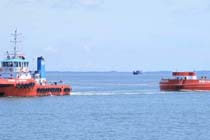
The Subchapter M regulations will affect thousands of vessels across the maritime industry. All companies operating towing vessels must have a Certificate of Inspection from the USCG
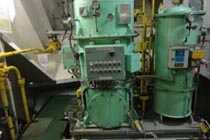
MARPOL and OPA-90 teaches Officers, Superintendents, Port Captains and Crew what the regulations are and how to comply with them.

IMO Resolution MSC.428(98) (adopted on 16 June 2017), Maritime Cyber Risk Management in Safety Management Systems addresses the need to address cyber security
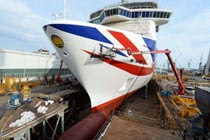
This program provides a practical, comprehensive overview for individuals new to the protective coatings industry and the marine managers and port engineers supervising the painting operations for ships under their charge.

This program is a comprehensive training portfolio consisting of nine courses for a Ship Superintendent. The courses provide the necessary management skills to supervise and support ship operations, and upkeep and maintenance from ashore.
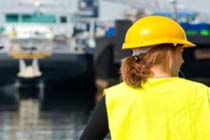
Ship Superintendent is one of the most prominent choices of all the other marine jobs present in the market today. Specialized superintendent training is necessary to become good and successful ship superintendents.
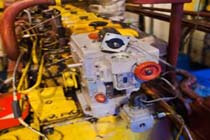
Ship Superintendent is one of the most prominent choices of all the other marine jobs present in the market today. Specialized superintendent training is necessary to become good and successful ship superintendents.
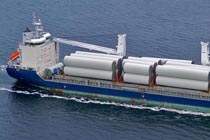
Breakbulk cargo is defined as general cargo or goods that do not fit in or utilize standard shipping containers or cargo bins.
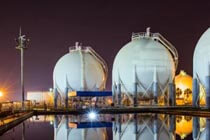
Liquefied Natural Gas (LNG) is a clean and eco-friendly fuel. MARPOL’s Annex VI will require that the sulphur content of marine fuels be reduced to 0.5% by 2020.
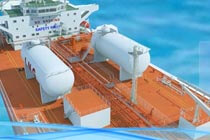
Liquified Natural Gas (LNG) is a clean, eco-friendly fuel which has good heating ability (calorific value) and offers greater fuel efficiency when used for domestic or industrial purposes.
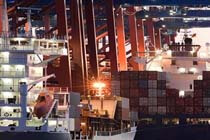
Maritime logistics is the process of moving cargo from its point of origin to its final destination, such as from an overseas manufacturer to a consumer’s store shelves
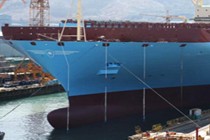
Contract management for shipbuilding and repairs is a complex process. But will have a buyer and a seller of a promised delivery of goods and services that come in the form of a new ship or a repaired vessel.